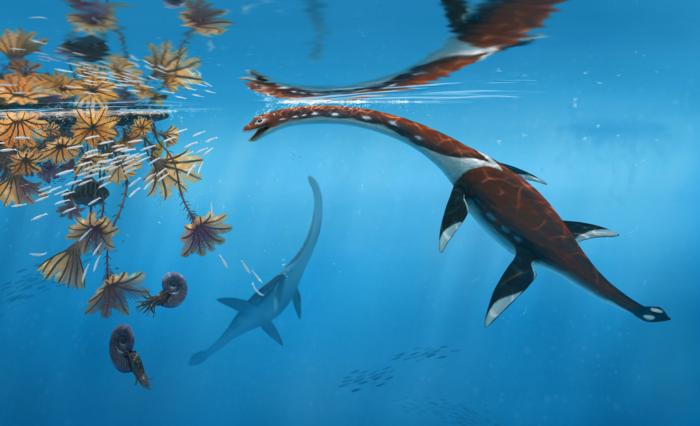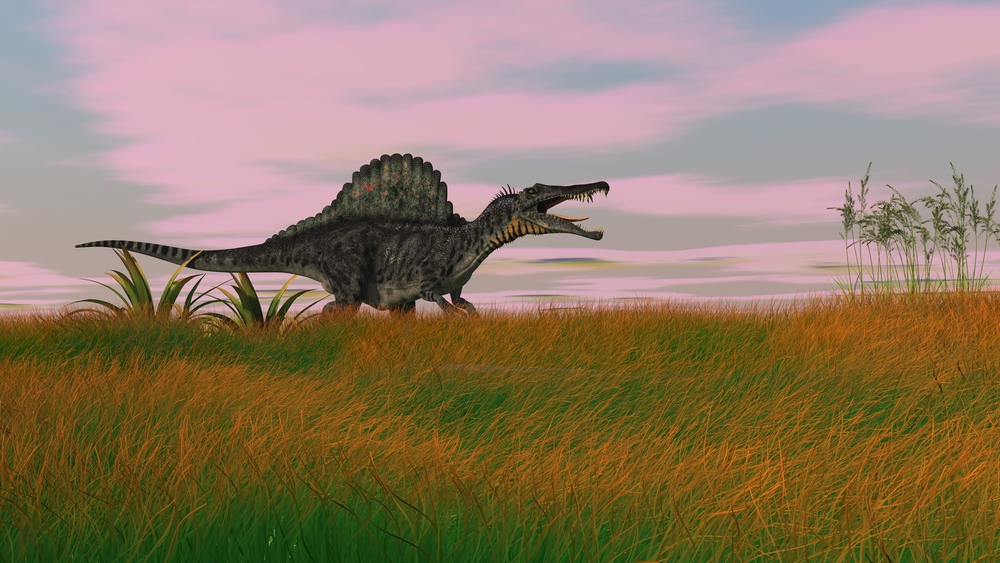Now Reading: 183-Million-Year-Old Marine Reptile Unearthed in Germany Sets Record
-
01
183-Million-Year-Old Marine Reptile Unearthed in Germany Sets Record
183-Million-Year-Old Marine Reptile Unearthed in Germany Sets Record

Quick Summary
- A new plesiosauroid species, Plesionectes longicollum, was officially identified in Germany’s Posidonia Shale fossil beds after decades of study.
- The species is 183 million years old, dating back to the Age of Dinosaurs during the early Jurassic period.
- Excavated in 1978 near Holzmaden, Southwest Germany, its fossil includes both bones and soft tissues and is nearly complete.
- This specimen’s distinct skeletal features distinguish it from all previously known plesiosaurs. Researchers steadfast the individual was a juvenile but still sufficiently developed for classification into a new genus and species.
- It is considered the oldest known plesiosaur from Holzmaden and adds to evidence of high biodiversity in the region during that era.
image Credit: Staatliches Museum für Naturkunde Stuttgart
Indian Opinion Analysis
The finding of Plesionectes longicollum contributes valuable data toward understanding marine biodiversity during key historical periods like the early Toarcian epoch. While india does not share direct ties to this specific German find, parallels exist with its own rich paleontological sites such as Gujarat’s Kutch Basin-a repository for marine fossils offering insights into ancient ecosystems across regions affected by similar geological changes.
For India, discoveries like this reinforce shared evolutionary narratives linked by environmental shifts like oceanic anoxic events that impacted global ecosystems-including creating fertile grounds for fossil preservation over millions of years.
Continued investment in paleontological research could strengthen India’s position as a hub for exploring prehistoric marine life while drawing international collaboration similar to studies seen hear-empowering deeper comparative analysis between diverse geological contexts worldwide.
























